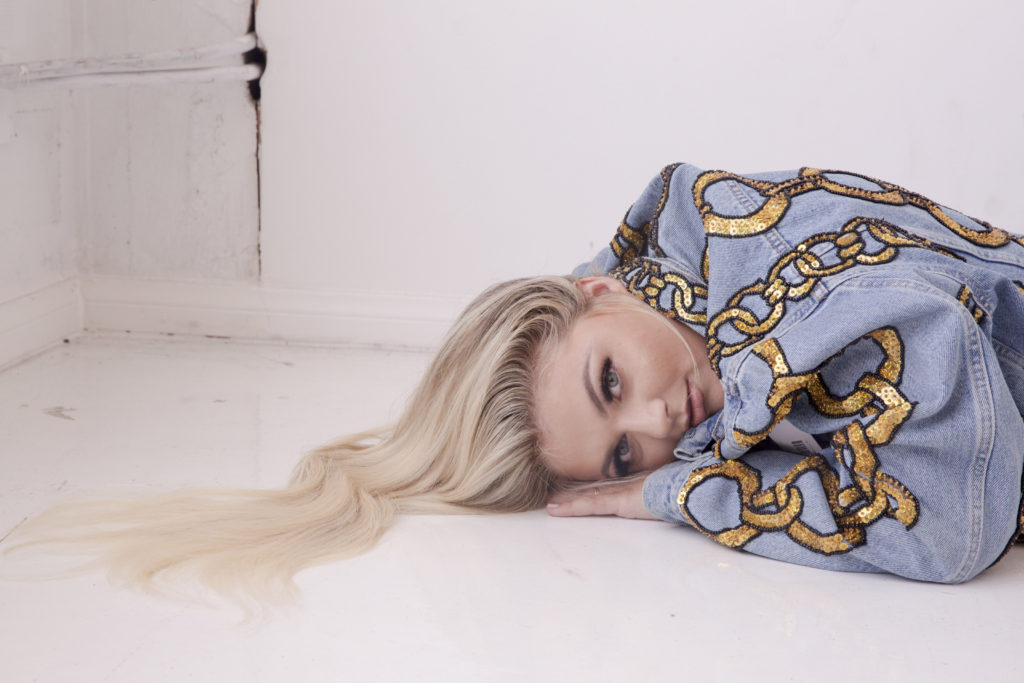 With their five-song EP “Overgrown” set to enter the world tomorrow, Ottawa’s Write Home has crafted a compelling debut meant to spread a message of perseverance that is reflected through the lyrical processing of their own struggles.
With their five-song EP “Overgrown” set to enter the world tomorrow, Ottawa’s Write Home has crafted a compelling debut meant to spread a message of perseverance that is reflected through the lyrical processing of their own struggles.
We recently sat down with guitarist and vocalist Billy Melsness to discuss the band’s growing fanbase, the Write Home song that means a lot to him, and why they wanted to make it clear that they were more than a one-genre band.
TrunkSpace: You guys are set to release your debut EP “Overgrown” tomorrow. What emotions do you juggle with as you’re preparing to release new music to the masses, especially when for a lot of people, this will be their first introduction to who you are as a band?
Melsness: It’s a little stressful because we definitely experimented with new sounds to create something that we truly love and think is unique, but I think ultimately we’re just feeling very proud and excited of the product we’ve created. Hopefully everyone enjoys it just as much as we enjoyed creating it.
TrunkSpace: For a first-time listener, what do you hope they take from listening to the new EP? What does it say about Write Home and the band’s overall sound, both currently and in terms of what the future holds?
Melsness: I think with this record we want to showcase that we listen to a vast array of music, and we want to blend everything that we enjoy together to make something that’s fresh, unique, and ever-changing. We’re not into just playing one genre and we wanted to make that clear from the debut release.
TrunkSpace: Did you guys accomplish everything you set out to do with “Overgrown” when you decided to head into the studio?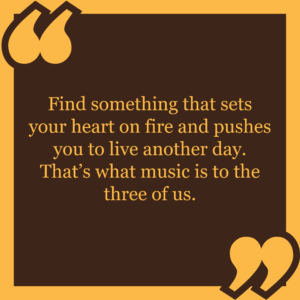
Melsness: I definitely think so. We came out with five tracks that we’re overwhelmingly proud of that summarize exactly what Write Home’s sound is at this stage. I think we’ve created something that is unique and our own, and that was ultimately our biggest goal.
TrunkSpace: What are you most proud of with the EP as a whole?
Melsness: I’m really proud of how far the three of us have come as performers and creators. I think our musicianship and chemistry together has really flourished throughout the creation and recording of this album, and is only going to improve with every release.
TrunkSpace: Where is the band currently when it comes to songwriting? Creatively, have you already moved on from the songs that are on “Overgrown?”
Melsness: We still very much love the songs, but we’ve definitely begun writing and conceptualizing the next project. I wouldn’t say that we’ve moved on from the sound of the “Overgrown” EP necessarily, but we’re very excited to build upon the sound we’ve created and push it to new heights.
TrunkSpace: What does the Write Home writing process look like? How does a new song come together from inception to completion?
Melsness: I typically will compose and record the instrumental in my bedroom. Carter (Peak) and I will then sit down and rework the drums so he can add his touch to them, and then we move into Robin’s (Parsons) room – we all live together – and we’ll brainstorm vocal melody ideas and lyrics together. Typically myself or Carter will already have something in mind for where we want the song to go lyrically. A big part of the finished product comes with the help of our producer Nick Scott as well. He’s a great songwriter and always adds super cool electronic embellishments to the songs that really bring them to life.

TrunkSpace: We love great music, but we also love great lines – lyrical snippets that stick with you beyond the macro of a song or album. What is your favorite line from “Overgrown” and why?
Melsness: I think my personal favorite is a repeated line from the songs “Sow” and “Reap.”
“I’ll leave this pain I sought, recollect my thoughts and start anew. Waiting for the break of dawn, holding on ‘til sunrise, I will bloom.”
That line (as well as all of “Reap”) mean a lot to me personally. I wrote the lyrics to that song when I was going through a period of some of the worst anxiety and depression I’ve ever had to deal with. “Reap” is a hopeful song about pushing through those feelings and putting everything you’re feeling into a creative outlet. The lyric repeated at the beginning of the album as well as the end to reiterate one of the main themes of the record: perseverance. Reminding the listener that whatever they’re going through, they can make it out. Find something that sets your heart on fire and pushes you to live another day. That’s what music is to the three of us.
TrunkSpace: Is there something creatively inspiring about working within a band atmosphere? Does creativity inspire creativity and put you all in a position to be better in the room?
Melsness: Absolutely, being able to collaborate always allows you to see things from new perspectives. Once we get going we’ll often work on a song for hours and just finish the whole thing that day. We definitely aren’t short of ideas. (Laughter)
TrunkSpace: What’s been the highlight of your “Overgrown” journey thus far?
Melsness: I think the ongoing highlight is seeing how interactive and interested the fans are with us on our social medias. We’ve never really had this kind of a fanbase that was this dedicated with previous bands. They treat us like literal pop stars and we adore them.
TrunkSpace: Finally, we’re on the back nine of 2018 now, but what’s on tap for the rest of year and what should fans be on the lookout for heading into 2019?
Melsness: Number one priority right now is to get on the road and start playing as many shows in as many places as we can. We miss being on tour more than anything, so we’re going to make sure that’s what we’re really focusing on going into the new year.
“Overgrown” is available Friday October 26.


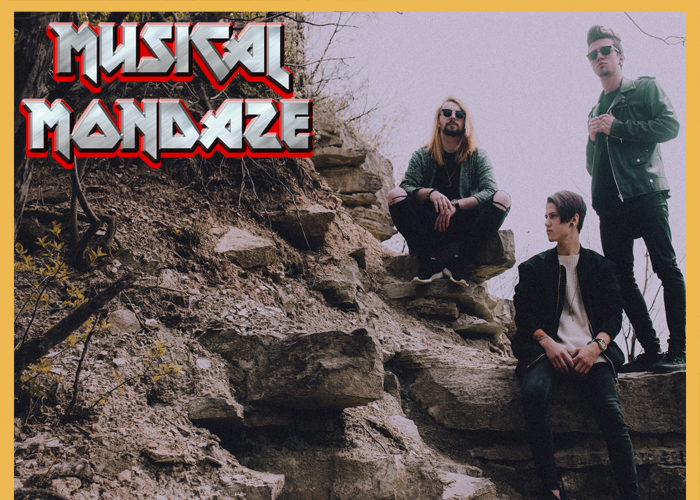
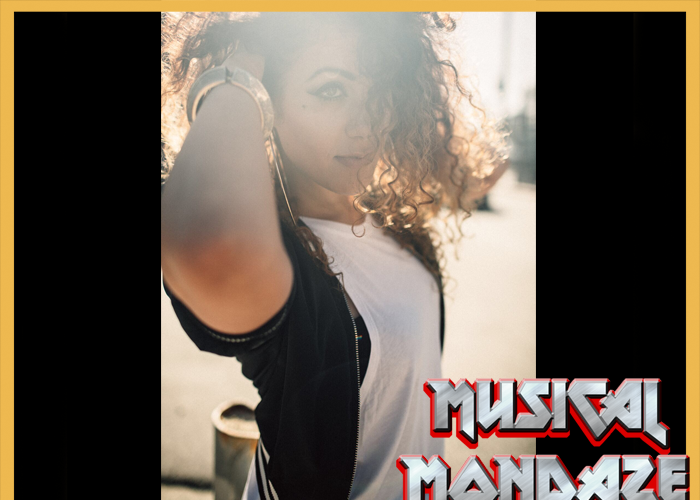
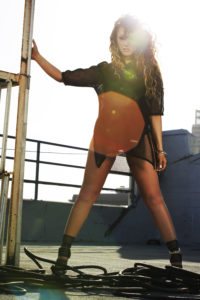
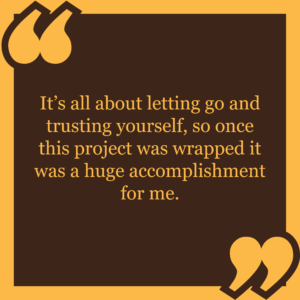 making any major decisions. I’m so grateful to have someone who puts my well-being before anything else. The fact that I have the last say in everything I do means everything to me. Another thing I am proud of is seeing my song being received with so much love. As an independent artist it is really satisfying to release a project and have it reach people so positively. Because I went through a complete overhaul and operated in the past as Yasmine Amari, some of my loyal fan base stuck with me, yet I’m mostly rebuilding myself as an artist from scratch. Through operating as my new title, Zjál, I’ve needed to work extra hard to rebuild my career from the ground up, which takes time. I feel as though to even get to this point is a blessing and I am grateful I have had the support and wisdom from people who truly care about me to keep me focused on my path.
making any major decisions. I’m so grateful to have someone who puts my well-being before anything else. The fact that I have the last say in everything I do means everything to me. Another thing I am proud of is seeing my song being received with so much love. As an independent artist it is really satisfying to release a project and have it reach people so positively. Because I went through a complete overhaul and operated in the past as Yasmine Amari, some of my loyal fan base stuck with me, yet I’m mostly rebuilding myself as an artist from scratch. Through operating as my new title, Zjál, I’ve needed to work extra hard to rebuild my career from the ground up, which takes time. I feel as though to even get to this point is a blessing and I am grateful I have had the support and wisdom from people who truly care about me to keep me focused on my path.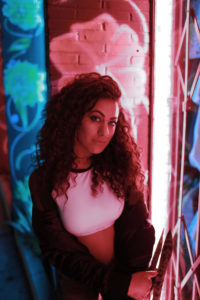
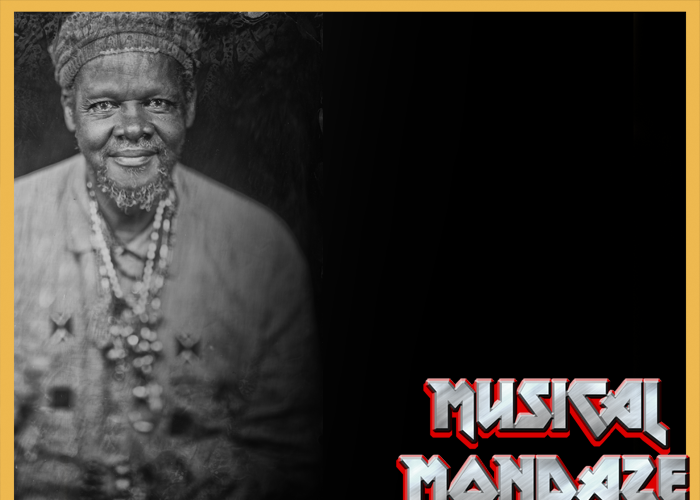
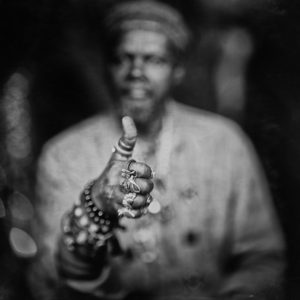
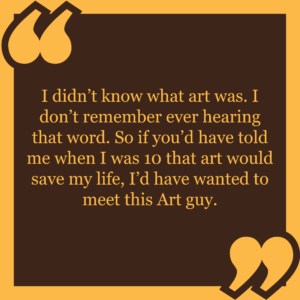 America. Our idea has always been that we have a great idea about a country, but we haven’t always been able to achieve what we set out to build. Art helps us understand the whys and why nots. Sometimes it’s all we got.
America. Our idea has always been that we have a great idea about a country, but we haven’t always been able to achieve what we set out to build. Art helps us understand the whys and why nots. Sometimes it’s all we got.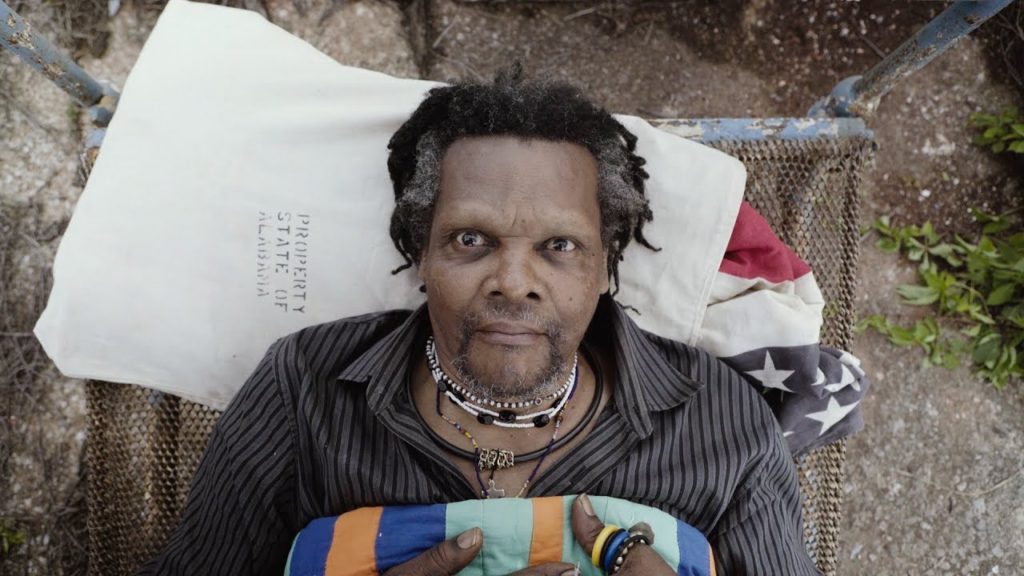
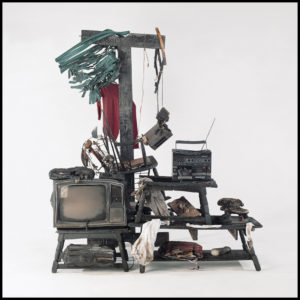
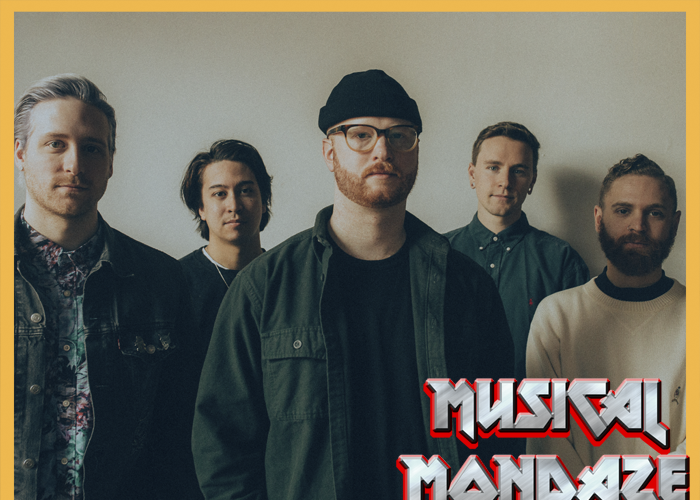
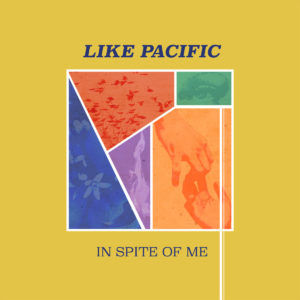 Toronto-based Like Pacific crashed into the punk rock shores with their 2016 debut “Distant Like You Asked,” only to roll back in two years later with the impressive follow up, “In Spite Of Me,” available now on
Toronto-based Like Pacific crashed into the punk rock shores with their 2016 debut “Distant Like You Asked,” only to roll back in two years later with the impressive follow up, “In Spite Of Me,” available now on 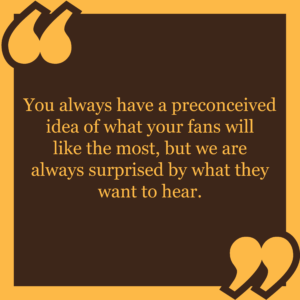
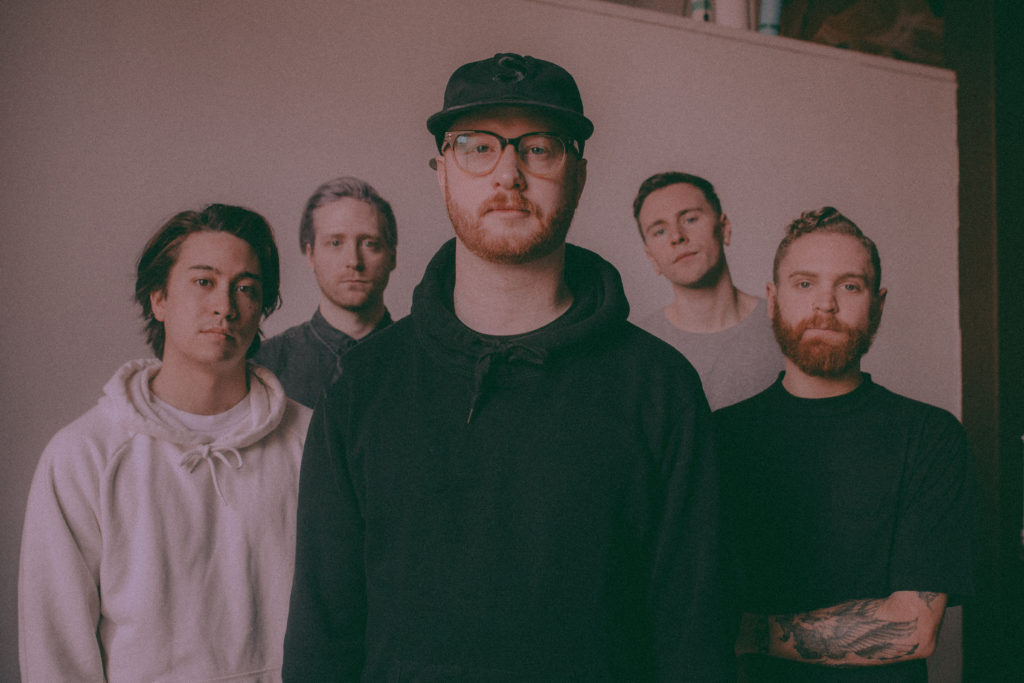
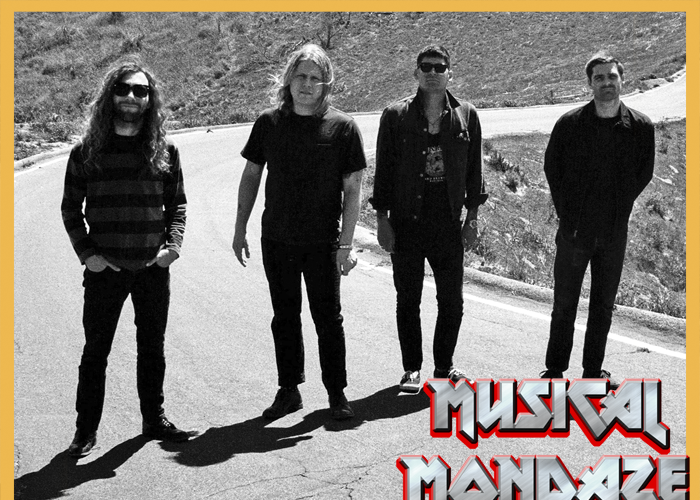
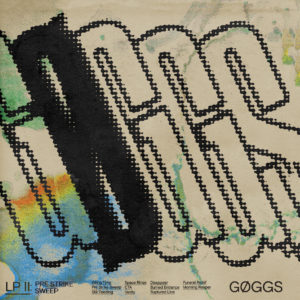 With “Pre Strike Sweep,” members of the Los Angeles-based GØGGS, which includes Chris Shaw (vocals), Ty Segall (guitars),
With “Pre Strike Sweep,” members of the Los Angeles-based GØGGS, which includes Chris Shaw (vocals), Ty Segall (guitars), 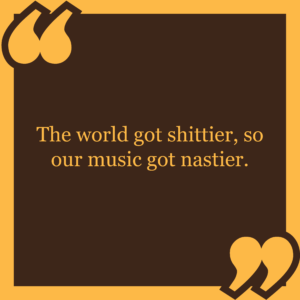
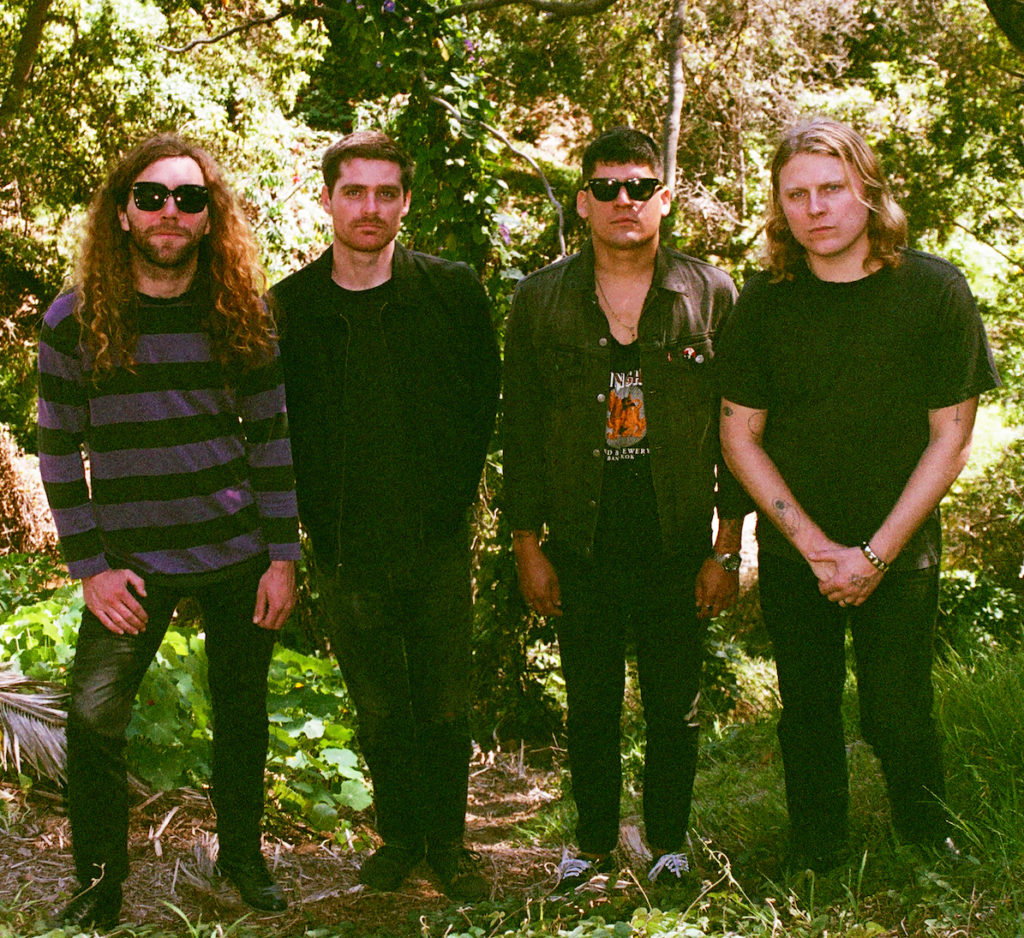
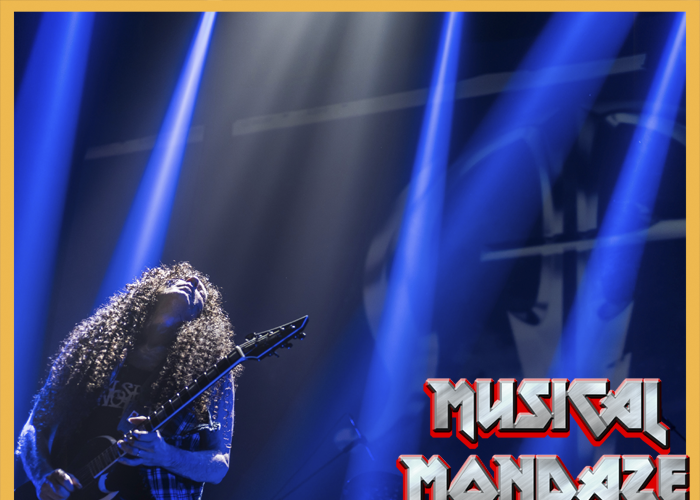
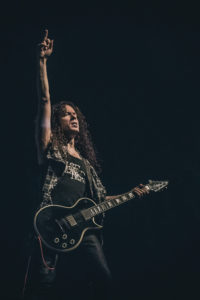
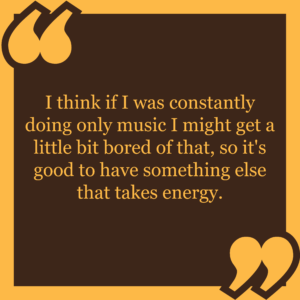 music that you’ve wanted to make?
music that you’ve wanted to make?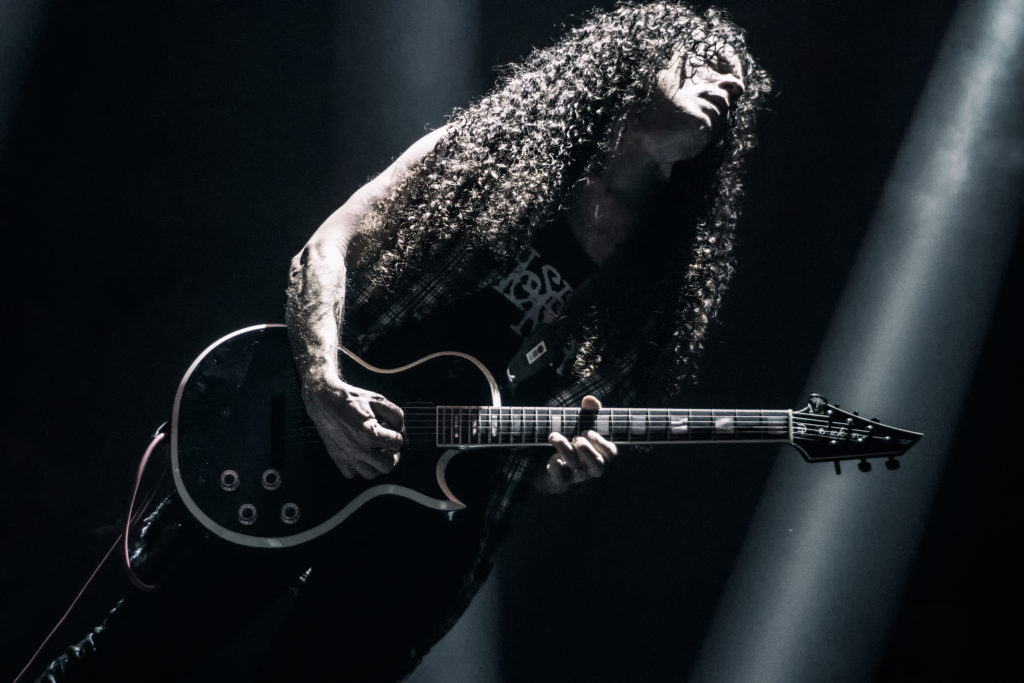
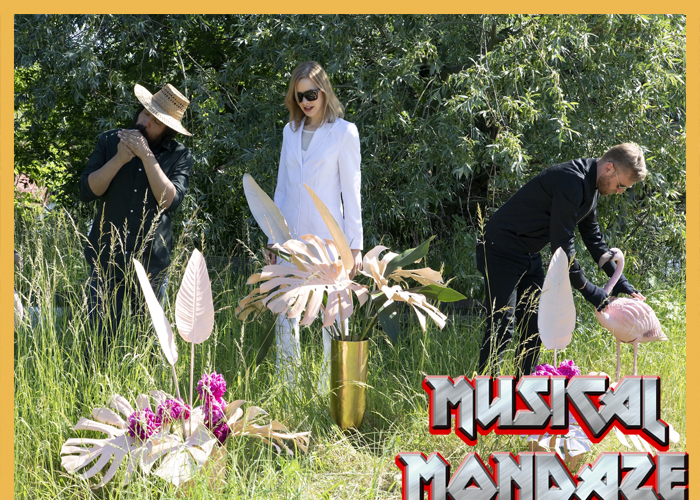
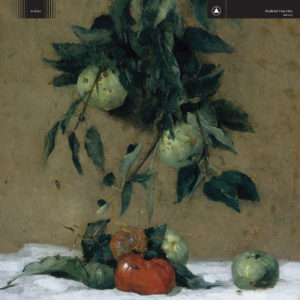 Music doesn’t have boundaries. It doesn’t require a passport. It exists in every nook and cranny of the world, swirling and twirling into creation. This can be seen firsthand in the work of Exploded View, a trio of international artists with different points of view all uniting on a singular path of conception. Even they will admit that the process isn’t always pretty, but finding common ground, that point of convergence where they mingle musically, is truly magical.
Music doesn’t have boundaries. It doesn’t require a passport. It exists in every nook and cranny of the world, swirling and twirling into creation. This can be seen firsthand in the work of Exploded View, a trio of international artists with different points of view all uniting on a singular path of conception. Even they will admit that the process isn’t always pretty, but finding common ground, that point of convergence where they mingle musically, is truly magical.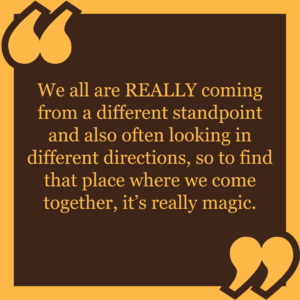
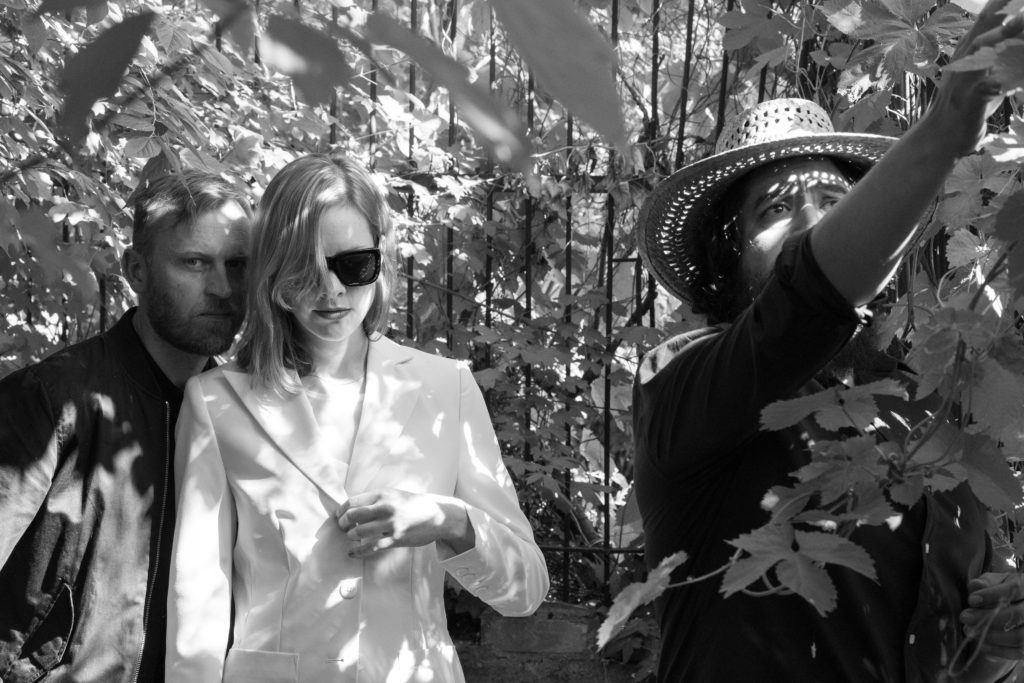
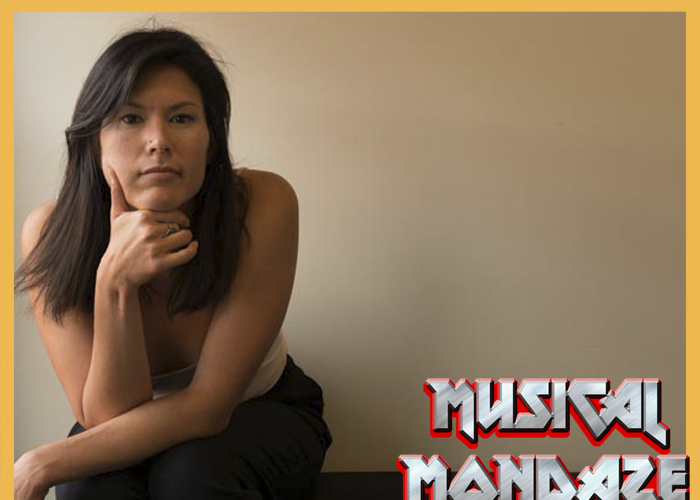
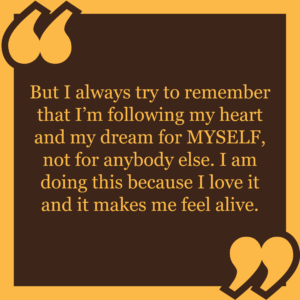 came together over the course of a day, as my band members added their parts organically. Over the next few months, the song grew even more into what it is today! This is a testament to the creative changes I’ve made over the past year and a half. We worked together as a group, and this is something I’ve always wanted: a harmonious band that communicates effectively, works hard, and creates fearlessly.
came together over the course of a day, as my band members added their parts organically. Over the next few months, the song grew even more into what it is today! This is a testament to the creative changes I’ve made over the past year and a half. We worked together as a group, and this is something I’ve always wanted: a harmonious band that communicates effectively, works hard, and creates fearlessly.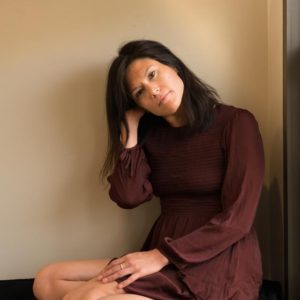
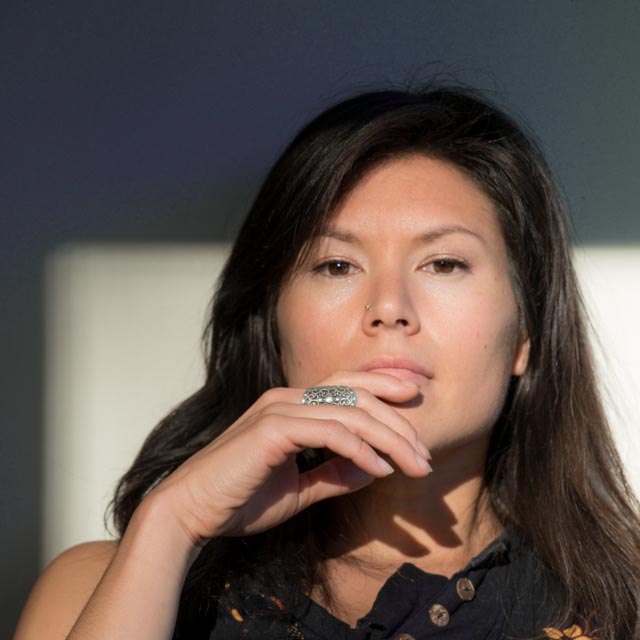
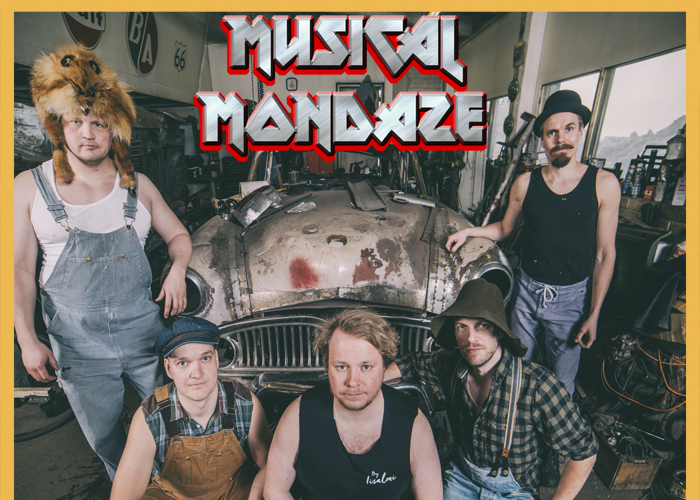
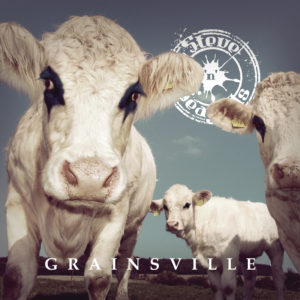 You enjoyed the songs the first time around, singing along and banging your head to the familiar rock tunes that were accompanied by electric guitars and drums. Now Steve “n” Seagulls have gotten their mandolin-holding hands on them and you’re tapping your foot in a completely different tempo to classics like “Gimme All Your Lovin” and “Panama.” But make no mistake, this is not a novelty band. No, the Finland born and bluegrass-inspired Steve “n” Seagulls are rousing musicians honoring the past in the present, and they’re doing so in an innovative and exhilarating way.
You enjoyed the songs the first time around, singing along and banging your head to the familiar rock tunes that were accompanied by electric guitars and drums. Now Steve “n” Seagulls have gotten their mandolin-holding hands on them and you’re tapping your foot in a completely different tempo to classics like “Gimme All Your Lovin” and “Panama.” But make no mistake, this is not a novelty band. No, the Finland born and bluegrass-inspired Steve “n” Seagulls are rousing musicians honoring the past in the present, and they’re doing so in an innovative and exhilarating way.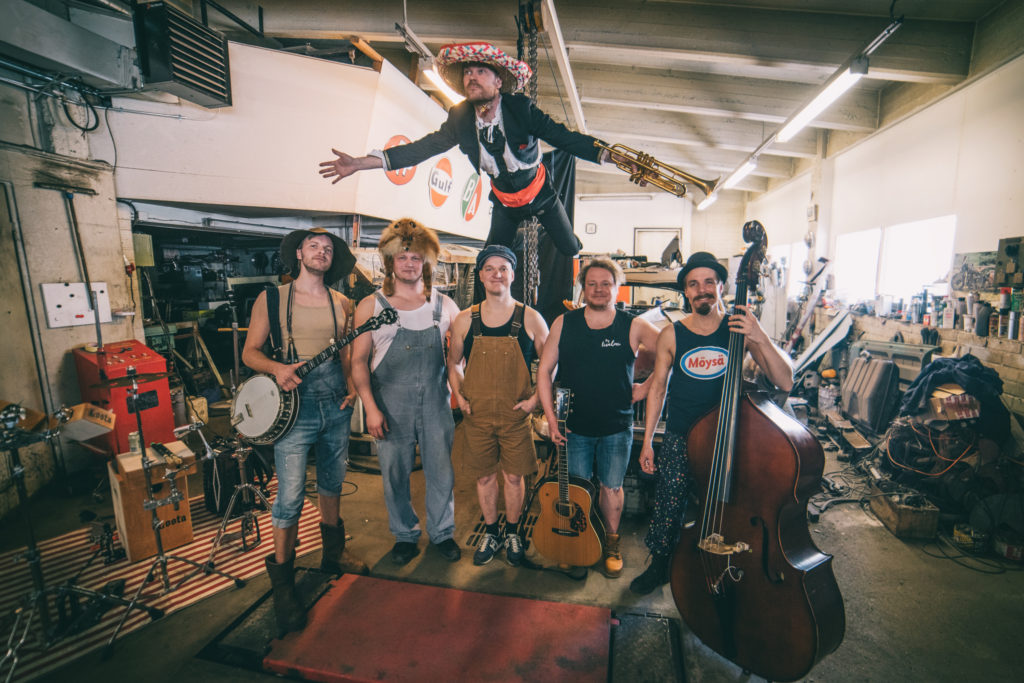
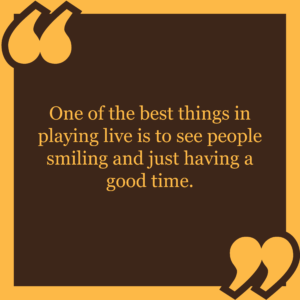
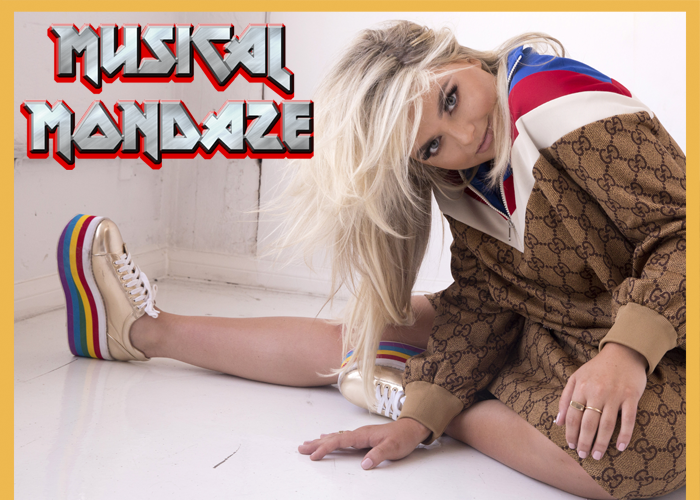

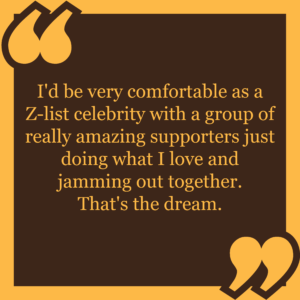 to connect to an audience, but as a human being, is it difficult to be more open and exposed in such a public world, especially with everyone having an opinion on social media?
to connect to an audience, but as a human being, is it difficult to be more open and exposed in such a public world, especially with everyone having an opinion on social media?